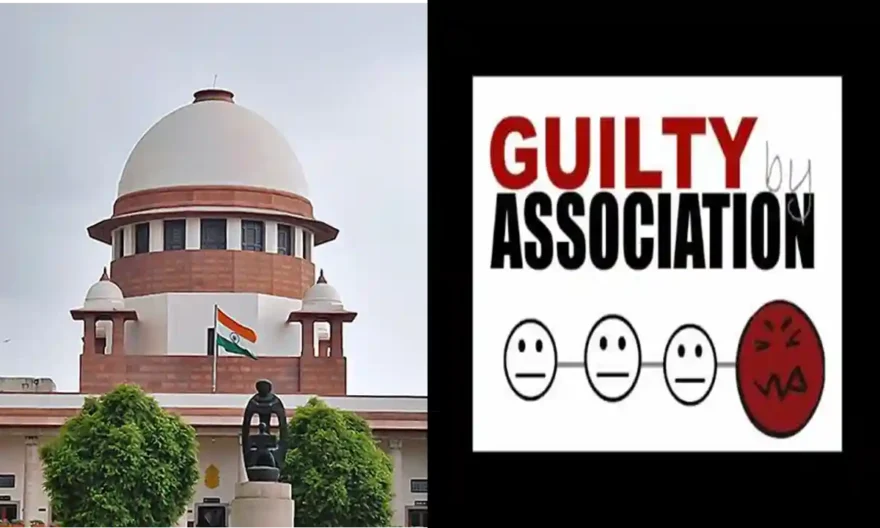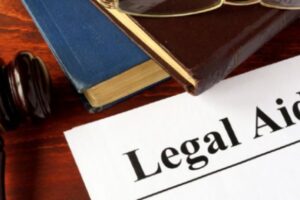
The Supreme Court on Wednesday question the decision of the 2011 judgments that ruled that association with a banned organisation cannot be a crime.
The bench comprised of Justice MR Shah, Justice CT Ravikumar, and Justice Sanjay Karol was hearing the Centre’s plea to review the two judgments of 2011, in which a provision of the Terrorist and Disruptive Activities (Prevention) Act (TADA) was read down to hold that mere membership of a banned organisation cannot incriminate a person unless he or she resorted to or incited violence.
The court also observed that there was no challenge to the law when the doctrine of “guilt by association” was rejected, nor was the Union government heard before the verdict.
These decisions were made after hearing arguments in two separate TADA instances involving bail and conviction.
Representing the Union government, solicitor general Tushar Mehta argued that the 2011 judgments failed to consider a raft of significant considerations, including the legislative intent and the fact that Parliament, in its wisdom, has engrafted certain provisions to keep the security of the nation intact.
“If Lashkar-e-Taiba is a banned organisation, a person cannot say I am just a member and have a right to remain a member. The right to form an association cannot be unrestricted, and restrictions will be reasonable when it threatens the country’s sovereignty and integrity. “The law is preventive rather than punitive,” he added.
Appearing for the other side, Senior advocate Sanjay Parikh, defended the 2011 judgments on the ground that a series of judgments by the Supreme Court since 1960s have held that there must be an overt act of incitement or violence before a person can be prosecuted.
The bench, however, took a grim view of the fact that the 2011 judgments had come while hearing criminal cases in which no party had questioned the legal validity of the TADA provision or the doctrine of “guilty by association”.
“We must also take into account the jurisdiction in which we are hearing the case. How can a court consider the constitutionality of a provision when a bail matter is on the docket without a legal challenge to that provision? Can it be stated that we have the authority to examine the legality of anything simply because we are the Supreme Court? the bench enquired.
The bench stated that while a specific case may result in an acquittal or the granting of bail, reading down a legal provision without hearing the necessary parties and without a challenge to the law may not be a good precedent.
The court then said that it would reserve its judgement on Thursday following a 10-minute submission by advocate Parikh, and asked the S-G to submit some judgements on whether a court can read down a law when there is no such challenge before it.





